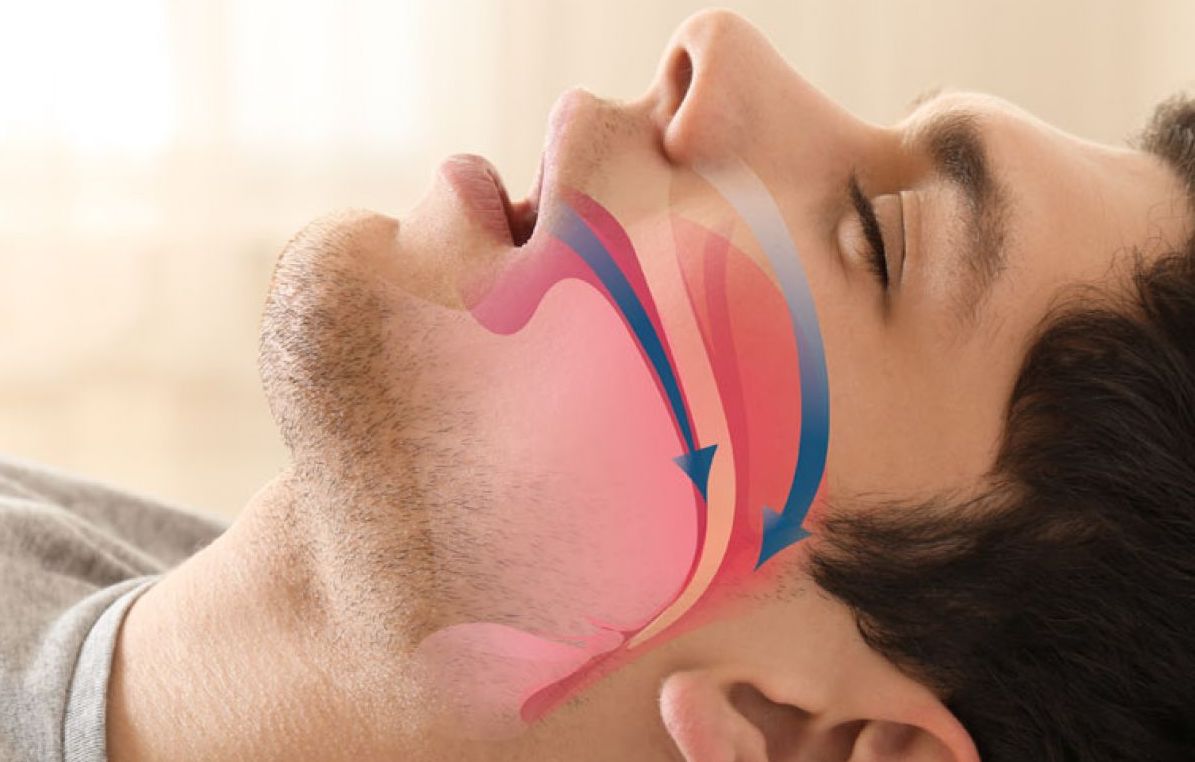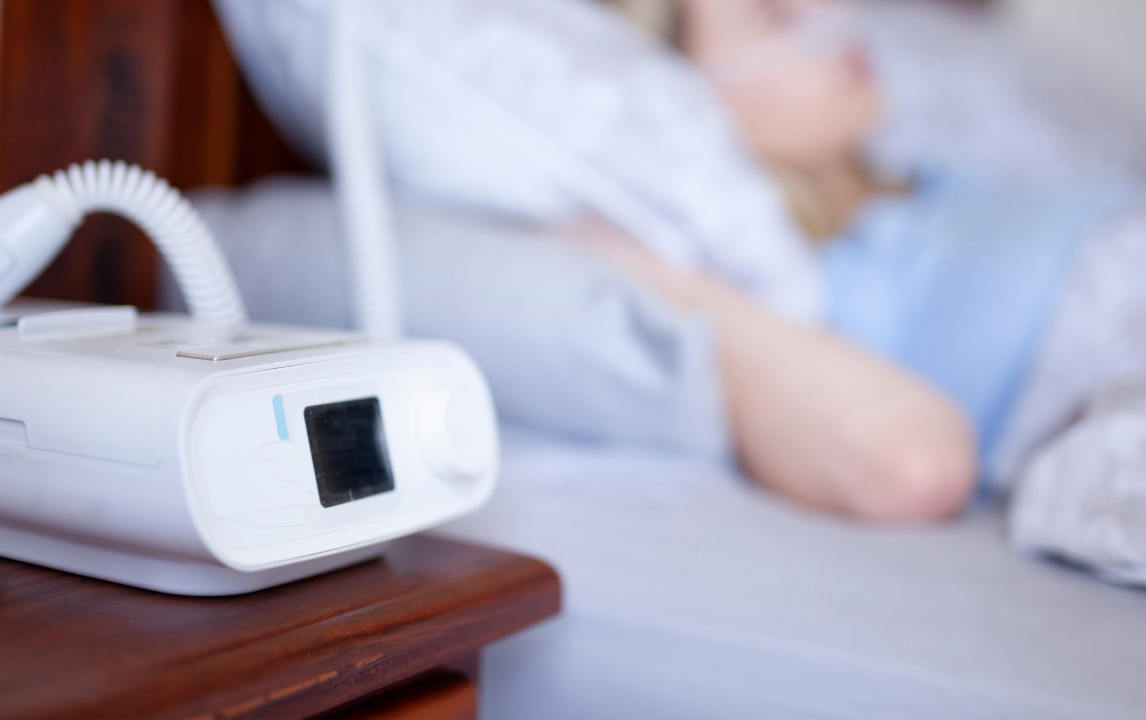*As an Amazon Associate I earn from qualifying purchases. This post contains affiliate links. If you want to buy sth related to health, lifestyle, daily necessities, you can get products at:https://amzn.to/4b4NAiT
Can dogs have sleep apnea? In fact, dogs behave a lot like us when they sleep, from muttering dreams to even slightly snoring is common, but, if your dog snores loudly, it could be a sign of dog sleep apnea.
Sleep apnea can be serious for your dog. The most severe cases can lead to death, but even mild cases can affect your dog’s sleep.
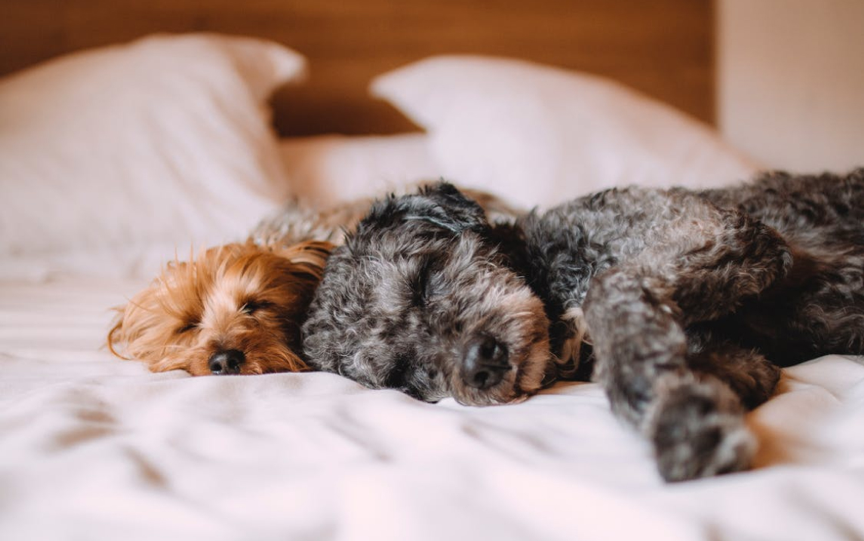
What Is Sleep Apnea in Dogs?
Sleep apnea is a sleep disorder that is most common in humans. Unfortunately, your four-legged friend will also suffer from this! You may be surprised to learn that dogs, like humans, suffer from sleep disorders, including sleep apnea. If you have a pet, be aware that your dog or cat can develop sleep apnea.
Sleep apnea is caused by the repeated cessation and onset of breathing during sleep, causing your dog to wake up frequently as he struggles to breathe. It can be difficult to spot sleep apnea in dogs if you don’t watch for the signs. If left untreated, it can be very damaging to your pet.
Why Do Dogs Have Sleep Apnea?
Common causes of sleep apnea in dogs include blocked airways, being overweight, certain medications and allergies in dogs.
1. Blocked airways
Obstructive sleep apnea is caused by partial or complete blockage of the airways during sleep, resulting in difficulty breathing or the inability to breathe properly. As in humans, there are a number of factors that can cause this blockage and lead to sleep apnea.
2. Being overweight
Being overweight is also a risk factor for sleep apnea in dogs. As in humans, too much fat puts extra pressure on the upper respiratory tract, causing it to partially collapse.
3. Certain medications
Certain medications that affect muscle tone can cause sleep apnea, including benzodiazepines, and may be prescribed to stressed and anxious dogs, or to treat epilepsy.
4. Allergies
Allergies can cause inflammation and irritation of the nasal passages and can lead to respiratory disruption and sleep apnea.
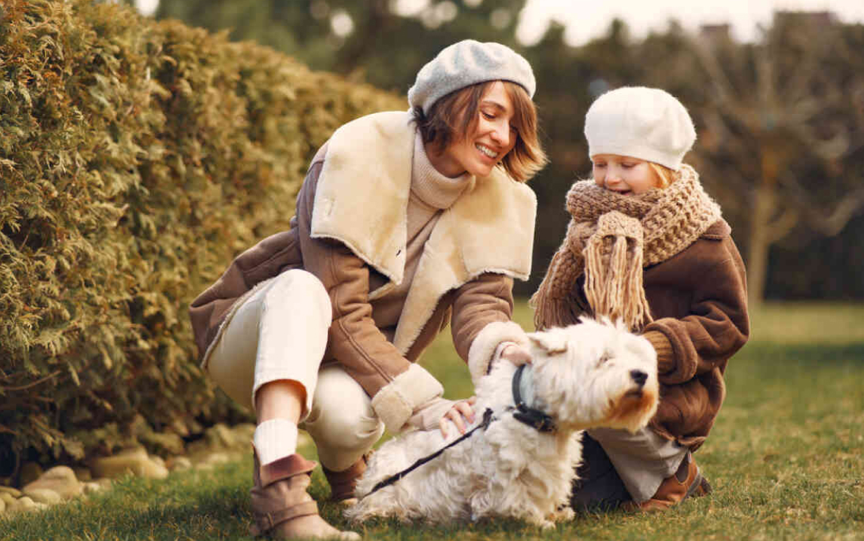
What Are the Symptoms of Sleep Apnea in Dogs?
If you are concerned that your dog has sleep apnea, you may have noticed one or more signs and symptoms of sleep apnea when they sleep:
- Snoring loudly and frequently
- Gasping or choking while sleeping
- Daytime sleepiness or sleep in the daytime
- Fatigue
- Irritability
- Depression
- Clumsiness caused by lack of sleep
Just because your dog is experiencing these symptoms doesn’t mean he has sleep apnea, but if you notice any of these symptoms in your dog, you should get him checked out as soon as possible.
How to Treat Sleep Apnea in Dogs?
If your dog has sleep apnea, you need to bring him to your doctor promptly. The vet will conduct a thorough examination of your dog and discuss possible treatments with you. The CPAP machine is one of the best sleep apnea treatments for humans, and while it hasn’t been applied to dogs yet, there are other options to help your dog nap safely, including:
1. Lose weight
Losing a little weight can often help end sleep apnea. So help your dog lose weight by increasing the amount of exercise he does and reducing the amount he eats. That might mean switching his snacks to lower-calorie options, or trying a new dog food to lose weight.
2. Medication
If your dog has allergies or breathing problems, some prescribed nasal medications can help clear his airway blockages and eliminate inflammation. This, in turn, may help him breathe normally again.
3. Use a humidifier
Like people, dogs have a hard time breathing in dry air. So, you might consider installing a pet-friendly humidifier while your dog is sleeping, which will open and moisten his airway, making it easier for him to breathe.
4. Surgery
For dogs with airway obstruction due to structural malformations, surgery can improve their breathing. These palate and airway procedures are usually performed on brachycephalic dogs with breathing problems. Not only will this help your dog breathe better while sleeping, but it can greatly improve his overall quality of life and make daily activities more comfortable.
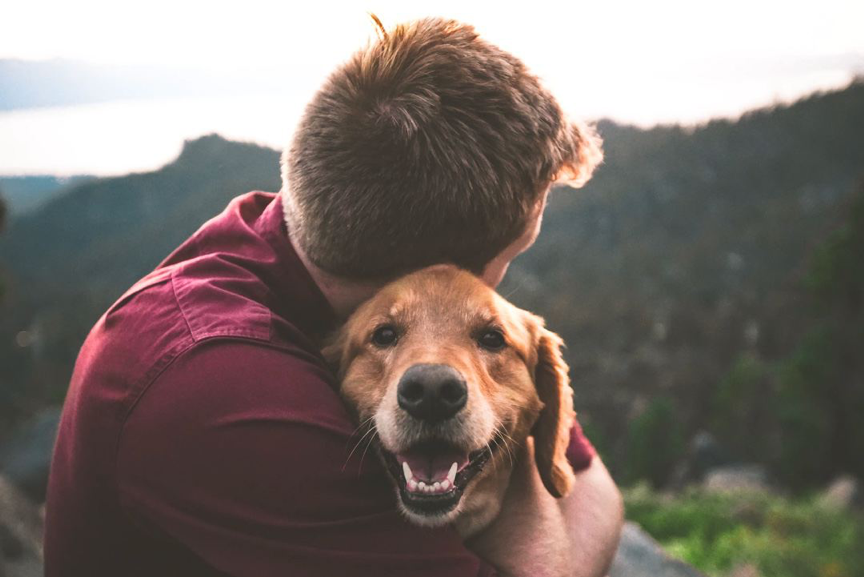
Conclusion
If you find that your dog has sleep apnea, don’t panic! There are many ways to give your dog a peaceful night out. Take your dog to the vet, who will diagnose the cause of the problem and how to treat it.





